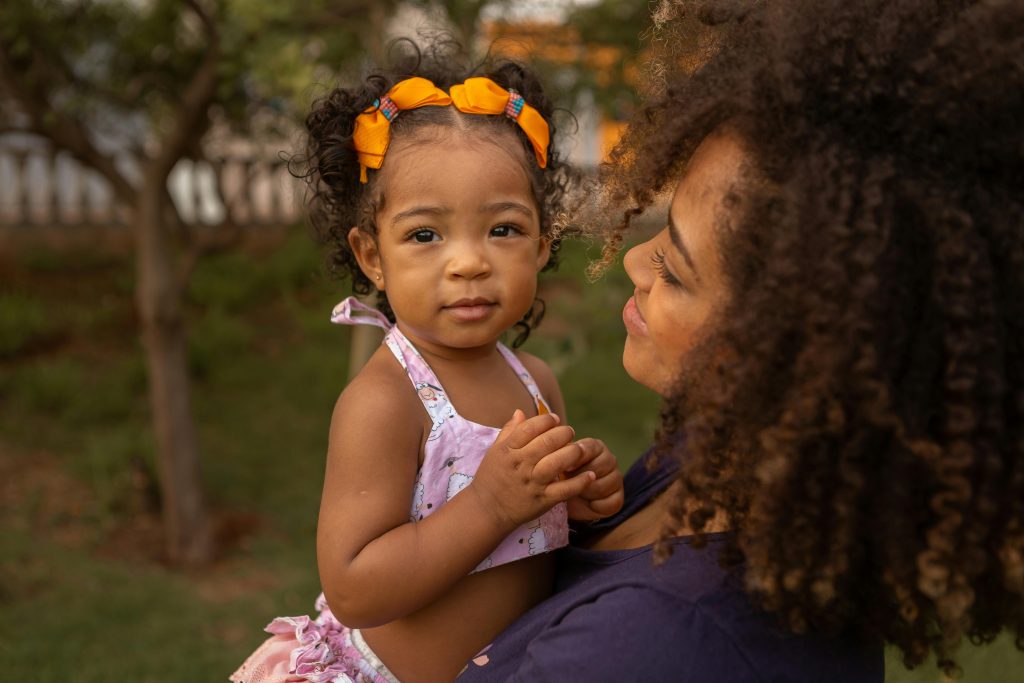Recognition is growing that racism, sexism, and other forms of structural inequity are social determinants of health. In fact, these structural issues are social determinants of not just health, but also health equity. What’s also critical to understand is that we in healthcare, isolated as we might feel in our clinics, actually do have the power to affect these large forces.
Health professionals are increasingly hungry for actionable information on this critical, neglected aspect of health equity. We need more conversations, more mutual support, more usable tools.
HealthBegins is committed to catalyzing this movement by creating spaces for conversation, modeling methods, and sharing materials and resources. We see a powerful opportunity where the work of Equity, Diversity, and Inclusion meets the work of Social Determinants of Health and the practice of Upstream Quality Improvement. We will make an impact when we weave these approaches together and fold them directly into the daily business of healthcare.
As a starting point, here is a crowdsourced, curated set of resources for health professionals who are passionate about this work. This list is continually updated. Have an additional resource to share? Tell us about it here, and help our whole community build justice and better health for all.
Racial Justice & Health Equity Resources
-
ORGANIZATIONS
Government Alliance on Race and Equity, for intersectoral action with healthcare institutions as part of a broader action
The Boston Public Health Commission has been implementing an approach to structural racism in public health work and is a good connection for health departments.
-
REPORTS AND ARTICLES
2016 paper from IHI: “Achieving Health Equity: A Guide for Health Care Organizations”
“The Future of Diversity and Inclusion in Health Services and Policy Research,” a 2015 report from AcademyHealth
“Why Addressing Unconscious Bias Can Make People Nervous,” an article from Health Communication Partners
“White Supremacy Culture,” an explanatory paper by Tema Okun of dRworks -
TOOLS AND TOOLKITS
Liberation in the Exam Room, a tool from IHI and the Southern Jamaica Plain Health Center
The Healthcare Equality Index, a tool from the Human Rights Campaign that evaluates healthcare facilities’ policies and practices related to the equity and inclusion of their LGBTQ patients, visitors, and employees
Contracting for Racial Equity guide from GARE and the Haas Institute. Also see the example of HealthBegins’ own inclusion rider, as explained at the bottom of this page.
The Racial Equity Institute, a team of trainers and consultants who help healthcare leaders and organizations understand and address racism, curates a list of racial equity tools and resources.
Diversity.com, a recruiting website with lots of relevant materials
The Inclusion Scorecard for Population Health, a tool from the healthcare training and consulting company Impact4Health -
EDUCATION AND TRAINING
HealthBegins’ archived webinar: Equity & Structural Racism: Challenges and Opportunities for Healthcare, with guest panelists from the Southern Jamaica Plain Health Center and AcademyHealth
Advancing Cultural Competence in the Public Health and Health Care Workforce, an online certificate program from the State University of New York at Albany -
MEDIA AND BOOKS
Access to Public Spaces in America, a documentary film created by Stanley Nelson for Starbucks’ diversity training
Winners Take All: The Elite Charade of Changing the World, a book by Anand Giridharadas about how the global elite’s efforts to “change the world” preserve the status quo and obscure their role in causing the problems they later seek to solve -
HEALTHBEGINS' INCLUSION RIDER
Contracts are a powerful tool for translating our commitment to racial justice and equity into action. At HealthBegins, we incorporate into our contracts with clients an inclusion rider, which codifies the commitment that we and our clients make to ensuring diversity in the events we host and participate in.
The full text of our inclusion rider is below. We encourage you adapt and use this text in your own contracts.
Equity and inclusion clause- Equity is one of SP’s core values. In furtherance of that, as a condition of CLIENT’s involvement in this event:
- If there is more than one speaker for this event, the speaker line-up must include at least 50% women, and at least 30% women from underrepresented minorities.
- If this cannot be met, one of the following must be true:
- CLIENT will make a donation in the amount of $5000 to an organization of CLIENT’s choice committed to improving health care workforce diversity, subject to the approval of Company.
- CLIENT will make 10 free conference registrations to distribute free of charge to local organizations and individuals who have a mission related to improving equity in the event location.
- SP requires that CLIENT has a published anti-sexual harassment policy for the event that is furnished written for the attendees and is mentioned onstage at the beginning of the conference.
- Equity is one of SP’s core values. In furtherance of that, as a condition of CLIENT’s involvement in this event:
Featured Content
How to Read the New Federal Dietary Guidelines as a Health Equity Advocate
The new Dietary Guidelines released by the Department of Health and Human Services not only run counter to established health standards, but also against health equity goals. Here are the the issues with these guidelines and what actions health equity advocates can take for better outcomes.
Small Practices Improve Health and Health Equity in Big Ways
The EQuIP-LA effort led to statistically significant health improvements and highlighted lessons that could help amplify the impact of small practices in advancing equity in more places.
Building Community to Improve Maternal Health: Lessons from Group Prenatal Care
HealthBegins supported health centers across the country to find new ways to make maternal health more equitable and effective. The solution was Group Prenatal Care—a means of fostering community as part of the care—and the outcome was nothing short of inspiring.



